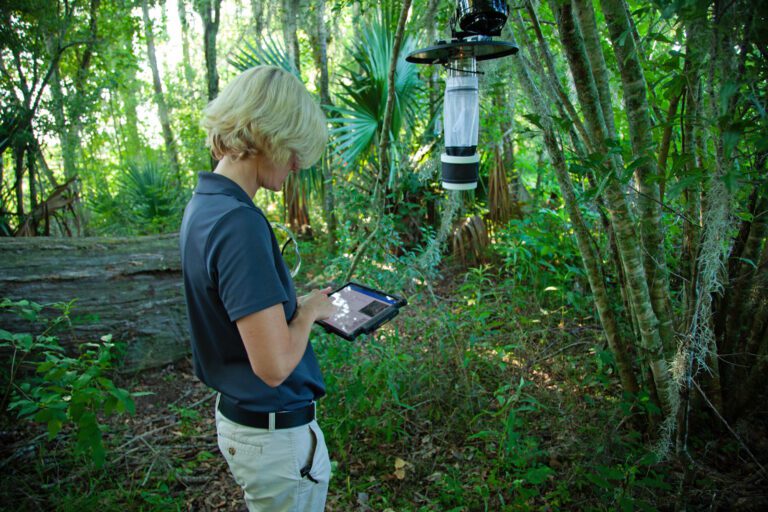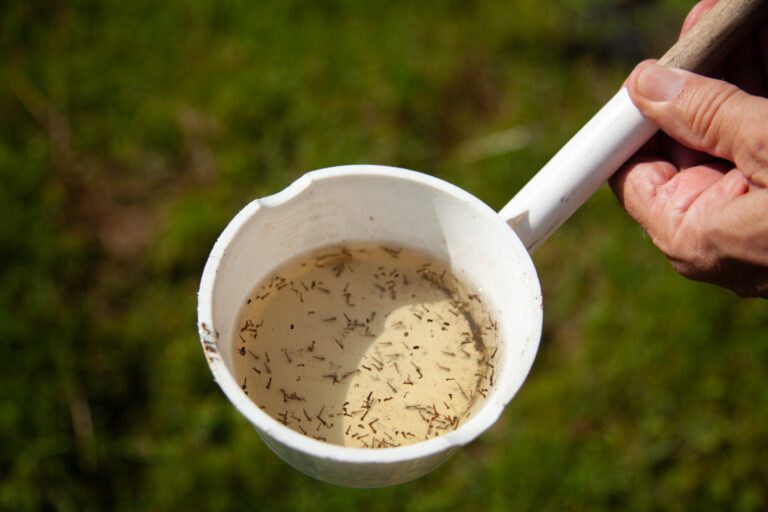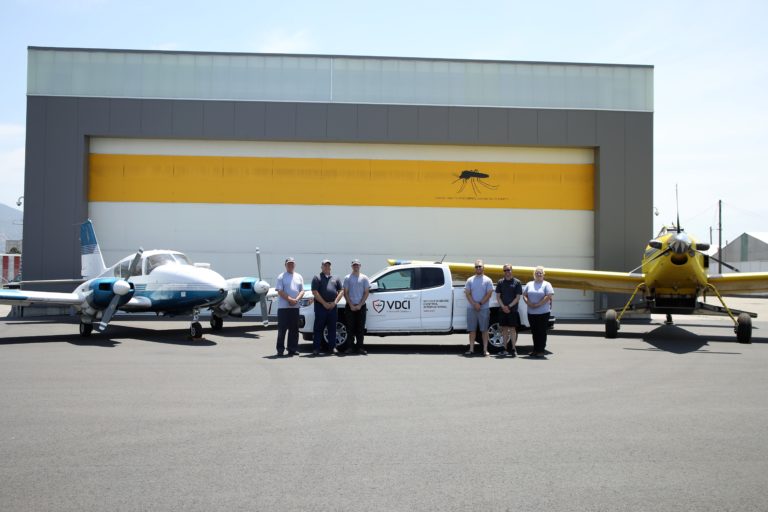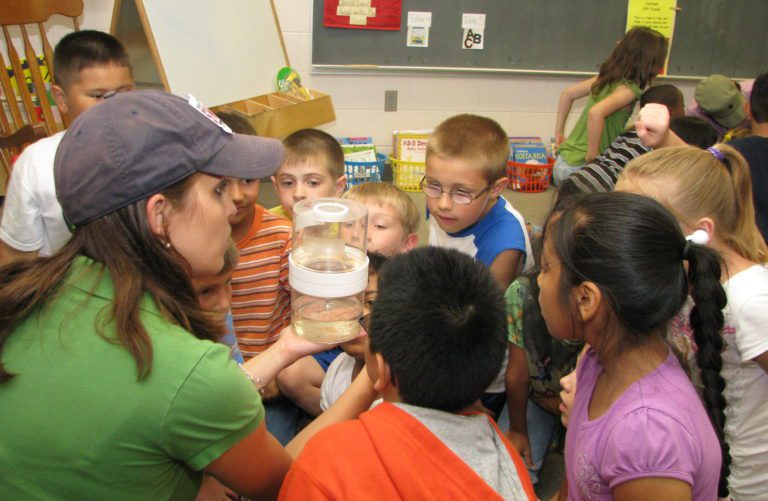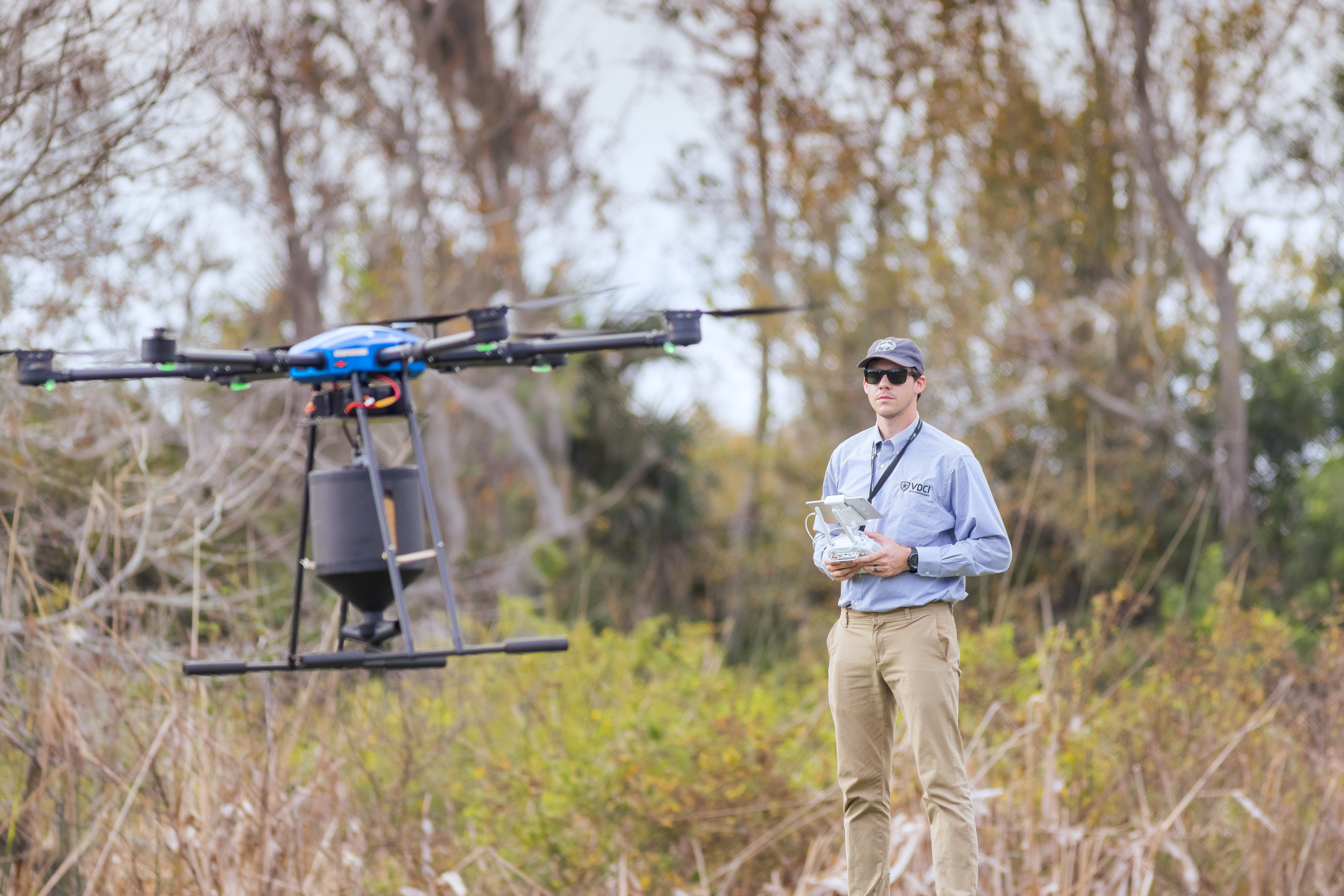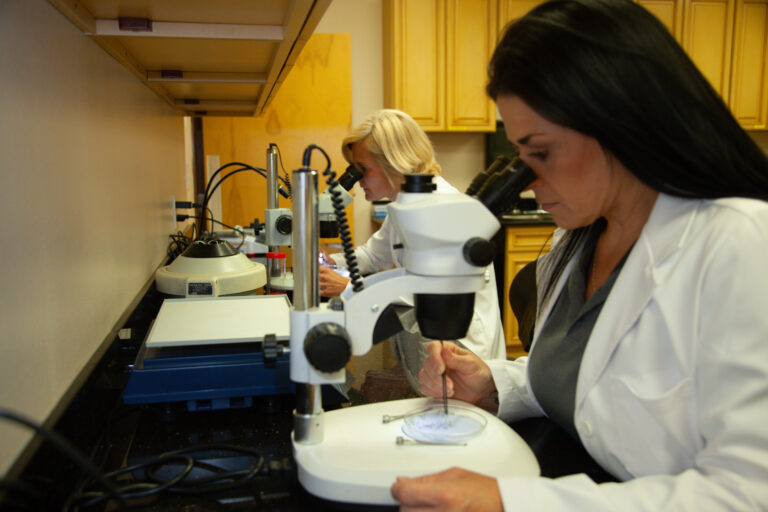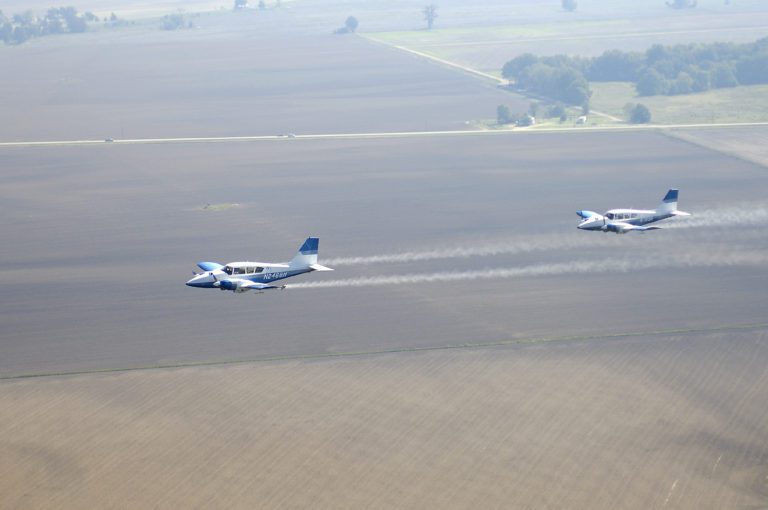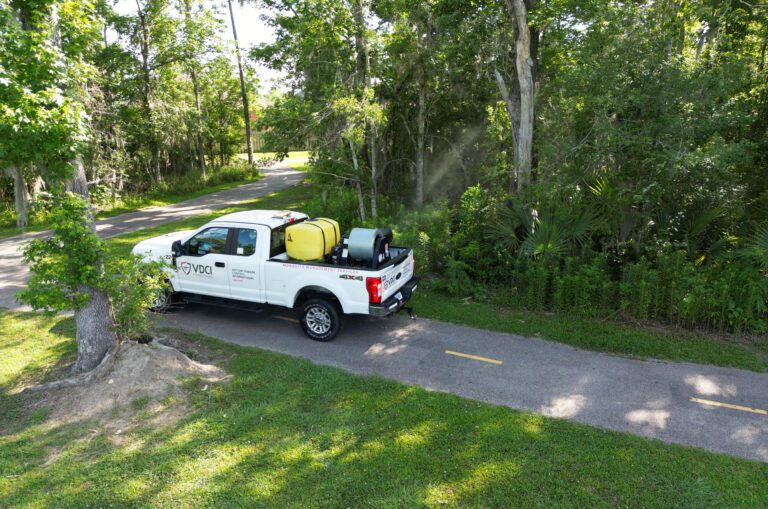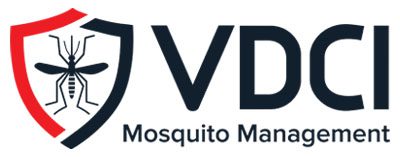Understanding the mosquito population within your community is important. By understanding the local population, via surveillance efforts, identification, and disease testing, you are taking a proactive approach to prevent and control mosquito populations.
Understanding Integrated Mosquito Management
An Integrated Mosquito Management (IMM) program is a comprehensive, science-based approach to controlling mosquito populations and reducing the risk of mosquito-borne disease transmission. Sometimes referred to as an integrated pest management program, IMM helps reduce both nuisance mosquitoes and species known to transmit diseases.
In the U.S., West Nile virus remains the most commonly reported mosquito-borne disease each year. Eastern equine encephalitis (EEE) and dengue are also regularly reported, highlighting the need for effective mosquito management programs.
IMM combines multiple strategies:
- Surveillance to monitor mosquito populations and activity
- Source reduction to eliminate breeding sites
- Disease testing to assess public health risks
- Insecticide resistance monitoring to ensure treatment effectiveness
- Larval control measures to stop mosquitoes before they mature
- Adult control measures when populations reach threshold levels
- Public education to empower community participation
We partner with city, county, and state governments, as well as mosquito abatement districts, to support their public health missions. Through integrated mosquito control solutions, we protect residents and visitors from disease transmission while minimizing environmental impact. IMM is also a key component of the broader Integrated Vector Management approach to public health protection.
What is Integrated Vector Management?
Integrated Vector Management (IVM) is a comprehensive strategy for controlling all disease-carrying vectors—not just mosquitoes. While IMM focuses specifically on mosquitoes, IVM extends to the management of ticks, flies, rodents, and other organisms that transmit diseases to humans and animals. This evidence-based approach uses environmental management, biological and chemical control, and community education to reduce the risk of vector-borne diseases.
IVM programs assess local vector ecology and disease transmission patterns to develop targeted, sustainable interventions. By coordinating multiple control methods and engaging communities in prevention efforts, IVM offers cost-effective public health protection while reducing environmental impact and limiting the development of insecticide resistance.
At VDCI, our Integrated Mosquito Management programs incorporate these core IVM principles through data-driven decision making, environmental monitoring, and adaptive management strategies. This ensures our mosquito control programs support broader public health goals and can adapt to address emerging vector-borne disease threats in the communities we serve.
Target All Phases of the Mosquito’s Life Cycle
VDCI is the industry expert in mosquito control programs, guided by integrated vector management principles. These integrated mosquito control programs include responsible efforts to manage mosquitoes and help to prevent the transmission of serious diseases.
- Our surveillance provides you with valuable data that is captured and analyzed in our proprietary database.
- Our data helps you make better decisions, which leads to better results.
- Our commitment to educate the public and only take mosquito control action when nuisance or disease risk is high is more environmentally friendly.
- Our targeted mosquito control solutions minimize the risk of developing pesticide resistance.
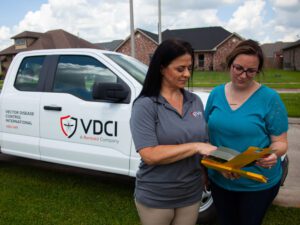
Public Education 🦟
Understanding how to properly eliminate mosquito breeding habitats and take personal protective measures is a critical component of a successful integrated mosquito management program. Educating the public empowers people to take control of the mosquitoes breeding in their community.
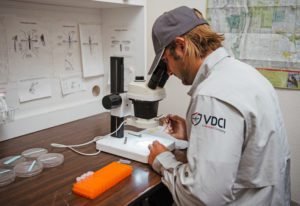 Surveillance & Disease Testing
Surveillance & Disease Testing 
In order to understand the risk and address the threat appropriately, it is critical to determine the mosquito distribution, density, and species composition throughout the target area. Mosquito surveillance and disease testing will provide the evidence needed to determine if there is increased disease activity and the level of risk to the local community.
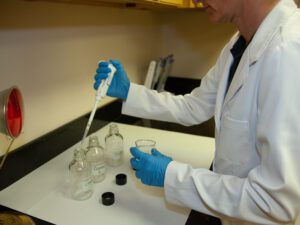 Insecticide Resistance
Insecticide Resistance 
A crucial component for successfully controlling mosquito populations and reducing vector-borne disease transmission is overcoming insecticide resistance. To determine if an insecticide is effective, it is essential to start monitoring for resistance at the beginning of the season and throughout as necessary. There are many methods to monitor an insecticide’s effectiveness and minimize resistance, so Program Managers will need to frequently adjust their approach from season to season.
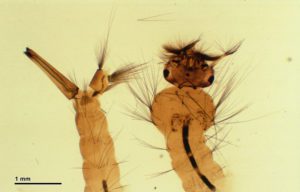
Larval Mosquito Control 
Eliminating mosquitoes prior to them becoming adults is an important control solution as part of an integrated mosquito management program focused on reducing mosquito-borne diseases because it stops mosquitoes before they acquire the virus and have the opportunity to transmit it to people.
 Adult Mosquito Control
Adult Mosquito Control 
When necessary, adulticide mosquito control applications are safely conducted with EPA-approved pesticides. These applications are based on surveillance and designed to target nuisance or disease-vectoring mosquitoes. We regularly test mosquitoes and take appropriate measures to prevent them from developing resistance.
Leading Integrated Vector Management Services for Mosquito Control
VDCI is a mosquito control services company. Mosquito control is all we do. We do not sell products or equipment. We professionally execute the services that are needed to protect public health and improve the quality of life for communities and the people we serve. We do this through integrated mosquito management programs by controlling mosquito populations in the most cost-effective, scientific, and environmentally responsible ways available.
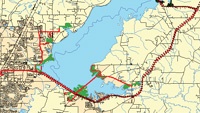 Data Collection, GIS Mapping, and Reporting
Data Collection, GIS Mapping, and Reporting
A keystone of any mosquito control program is managing data. Every activity that is performed at VDCI is entered into our proprietary database for analysis and reporting. We use GPS equipment and technology in combination with our GIS department to put all our data into maps and reports. These reports are used both for our internal analysis and our presentation to customers and citizens within the boundaries that we serve.

Ground Services for Mosquito Control
Mosquito control programs begin with mosquito surveillance, which helps us understand population dynamics and species distribution. When mosquito larvae are detected, we use environmentally sound biological mosquito control products to eliminate the problem. When necessary, non-biological mosquito control methods are utilized. Once it’s been determined mosquito populations reach unacceptable levels, or the risk of mosquito-borne illness is imminent, adulticides are carefully applied in the safest, most environmentally friendly way possible. Our advanced spray technology ensures proper droplet size and accurate pesticide placement.
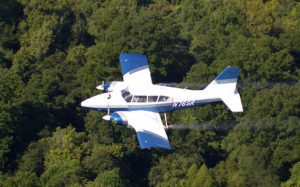 Aerial Services for Mosquito Control
Aerial Services for Mosquito Control
VDCI has the largest fleet of aircraft in the world specifically dedicated to mosquito control programs. Aerial applications may be the only way to break the mosquito breeding cycle in emergency situations or when mosquito populations are abnormally high. All of our aircraft are equipped with the Wingman® GX spray optimization software and the AIMMS-20 onboard meteorological probe, the most advanced system designed specifically for mosquito control. Aerial applications are an important element as part of any wide-area mosquito control program.
Integrated Mosquito Management – The Right Approach
Mosquito surveillance, source reduction, public education, habitat manipulation, larviciding, and adulticiding are all important components of responsible control or integrated pest management program for your community.
VDCI is a company built on the foundations of public health, ethics, professionalism, and technical expertise. We establish vector management programs based on an understanding of the underlying vector’s ecology and rooted in the current science of environmentally sound control measures.
We are committed to protecting public health through excellence in mosquito control programs. Learn how our team can support an existing program or help you develop a custom mosquito control program to meet your community’s needs.


